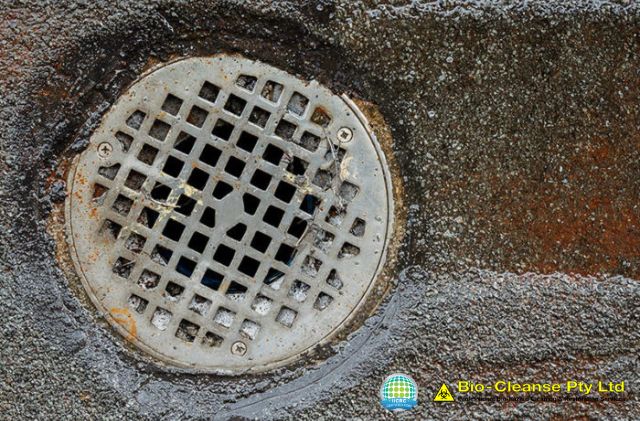
The structures that carry waste water and human waste out of households and the community to the treatment plants are termed as sewers. When a sewer obstruction or damage prevents wastewater from draining away from your house, it can cause a sewage backup. Waste water begins to flow backwards into your home, leading to water damage. If a sewage backup has happened, you need to get in touch with professional sewage cleanup services to fix the problem and restore your home to a safe, healthy environment.
Sewage backups can be bad news for you and your property. They are considered Category 3 water damage and can also pose a severe health risk. When sewer lines cannot handle the extra demands, water tends to flow into any other connected lines. This can put your health and property at risk.
These are some common causes of sewage backup.
- Blockages in your plumbing.
- Clogged sewage pipes in the home.
- Sump pump failure.
- Aging sewer systems.
- Blocked pipes in the community sewage network.
- Broken or deteriorated pipe infrastructure.
- Unlawful or wrongly hooked up plumbing connections.
- Tree roots breaking pipes, thus causing blockages.
- Heavy rainfall and flood waters overburdening the city’s sewer lines.
Here are some tips to help prevent sewage backups.
Correct plumbing connections.
Sewer backups are more common than ever these days due to extreme weather, heavy storms and floods. Sanitary sewers can get backed up with debris and silt from overflowing gutters, downspouts and sump pumps. Excess rainwater should be routed into storm sewers, not sanitary sewers.
Sewer line inspection.
Don’t wait untill you suspect something is wrong with your sewer and drain lines. Have a professional sewer system check every few years. The experts know what to look for and can spot clogs, cracks and damage. Based on the inspection report, they can then work on a remedial plan.
Maintain your sewer lateral.
The sewer lateral – the pipeline between your house and the city’s sewer main – is the homeowners’ responsibility. Ensure they are not deteriorating or have any cracks. They should be cleared of any debris and tree roots.
Non-biodegradable products disposal.
Materials and products such as wet wipes, paper towels, diapers and feminine hygiene products should never be flushed. They can clog your pipes, leading to a sewage backup.
Dispose of cooking materials properly.
Cooking oils, grease and fats can solidify in your pipes and cause a blockage as they don’t breakdown. Avoid putting waste solid food materials down the kitchen drain.
Install drain filters.
Drains filters fitted over the drains of sinks, bathtub, and shower are effective and inexpensive measure
Also Read: Maintaining Your Drainage System
Biosite Cleanup is here to help with all your sewage cleanup needs.
If you do experience sewer backup, consider hiring a reputable cleanup crew to remove the spillage and clean floors and walls. Biosite Cleanup has sewage cleanup specialists that can help with professional sewage cleanup. We can promptly cleanup all affected areas. With our high standards of cleaning, decontamination and disinfection, we’ll fix your sewage backup problem. We can prevent further damage to your home, as well as minimise destruction to your furniture and valuables.
Let Biosite Cleanup restore your home to a safe, healthy environment. Our areas of operation are Goulburn, Canberra, Batemans Bay and surrounding areas of NSW. Reach us on 0409037634 or email us at bryan@biositecleanup.com.au.
